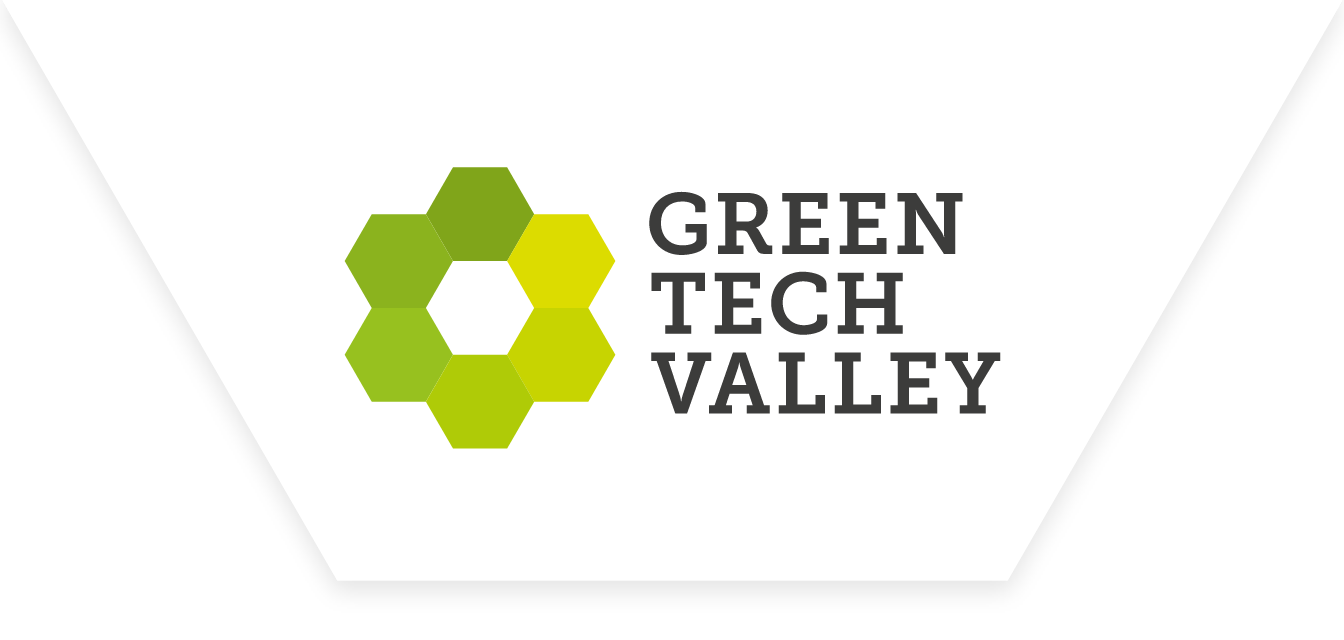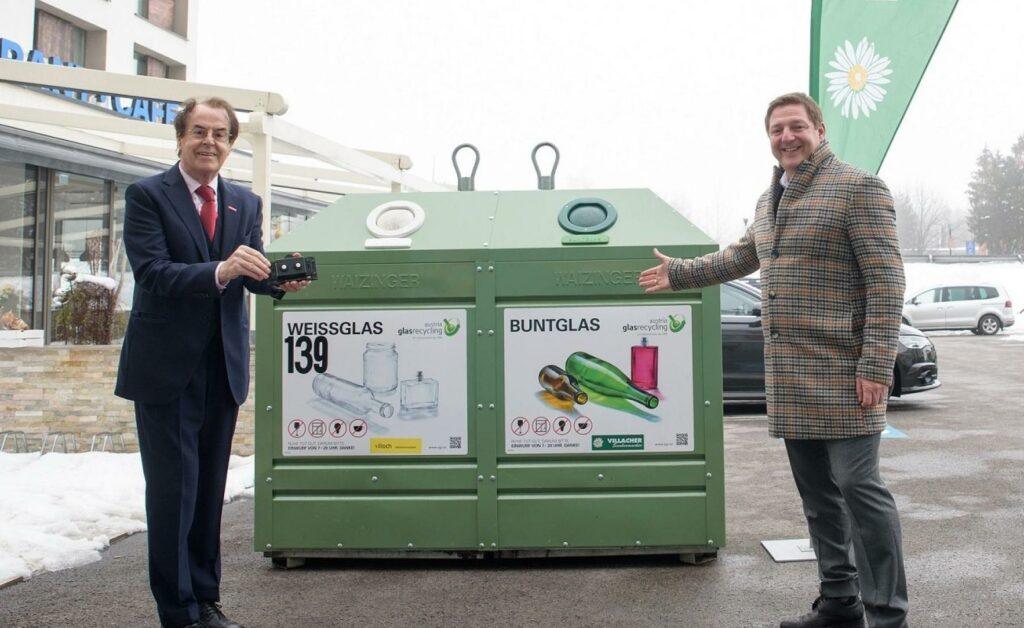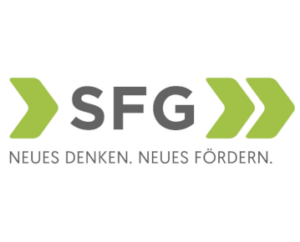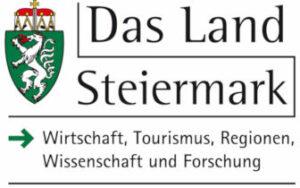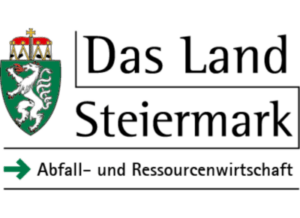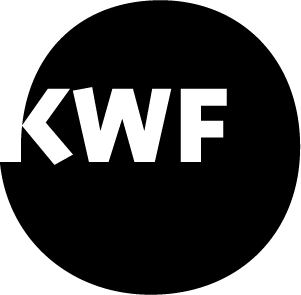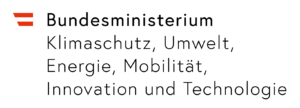Intelligent waste collection reduces the burden on the environment and saves money
The city of Villach is committed to increasing the sustainable use of resources on a range of levels. This also includes proper handling and sorting of waste. According to current analyses, up to 70 percent of household waste ends up incorrectly in the residual waste or black bins. Half of this contains recyclable materials such as waste paper and plastic packaging. The remaining half is bio-waste, which as a consequence can no longer be used.
In an initial pilot application, that combined the use of a so-called recyclable material scanner with direct feedback to the participating households in Styria, Saubermacher was able to halve the level of incorrectly discarded waste. In collaboration with the city of Villach, Saubermacher is now kicking off a major trial. The project is funded through the Climate and Energy Fund and is being conducted as part of the SMART CITIES INITIATIVE.
“Even standard household waste can contain valuable, recyclable materials. In cooperation with Saubermacher, we assist citizens in sorting their household waste more effectively by using the smart recyclable material scanner. This saves valuable resources and goes easy on the purse strings, too,” comment the Mayor of Villach Günther Albel. “The direct feedback is an essential success factor to stimulate environmentally conscious behaviour through immediate reward and positive reinforcement. This is a worldwide unique concept,” commented Hans Roth from Saubermacher.
Managing Director of the Climate and Energy Fund, Theresia Vogel, noted that: “The combination of digitisation and closing the loop of material cycles that are as regional as possible are the basic keys to achieving the ambitious climate goals of the federal government. The city of Villach and Saubermacher have shown how smart technology can integrate this into the everyday lives of citizens. An excellent project, great partners and already showing fantastic results. Congratulations to the project partners and the citizens of Villach who are actively involved.”
In a first phase, waste bins for some 500 households in Villach have been equipped with the required electronic chips that are marked with the name FRITZ (in German an acronym for: advanced, promoting recycling, innovative, technological, future-oriented). The chips are mounted on the waste bins and have an identification number. This allows the waste bin to be assigned to a specific household so that the personal results from waste separation efforts can be communicated. The pilot project is currently running: a recyclable material scanner is installed in a specially converted refuse truck. This device examines the material composition of the household waste during the emptying process of the individual waste bins.
The smart capability of the scanner is realised through special sensors, cameras and a neural network, but it does not recognise any personal details of household waste. As Horst Niederbichler, from the Saubermacher Villach office, explains “That means, the scanner recognises waste materials, i.e. whether it is glass or paper. But it does not know whether, for example, if a certain newspaper or document has ended up in the rubbish”. The recyclable material scanner was jointly developed by the vehicle manufacturer Stummer, Joanneum Research, TU Graz and Saubermacher.
The household participants then receive personal feedback by text message. If the composition of the disposed waste could be improved, the system does not “point the finger”. Rather, participants are shown ways to improve separation in a constructive manner. The entire project will run until the end of 2021. The collated data will then indicate whether the provision of regular information on waste separation behaviour was able to reduce the amount of residual waste with the pilot area.
Right from the start, any concerns on the topic of data protection could be dispelled. “Participation in the pilot project is totally voluntary. Consent is obtained for the processing of data via the “MüllApp” (WasteApp). Individual results of the waste separation are not published. Each household receives its own customised feedback from the waste advice service, either securely by SMS or as direct feedback in a traditional manner, for example, by letter”, explained Horst Niederbichler.
Glass containers also get high-tech sensors
Parallel to the recyclable material scanner project, Saubermacher is testing another option to improve the efficiency of waste disposal within in the operational area of the Villach Waste Management Authority: sensors have been installed in around 1,100 waste glass containers. These recognise when the glass recycling containers are full and report this to an intelligent platform. SLOC has developed an IoT tool that links a variety of parameters such as the fill level in a glass container and the maximum truck payload and generates an optimum route plan. The Carinthia based waste management company Huber Entsorgung is testing this new innovation to improve logistics in an actual pilot test.
“As a result, the emptying of glass recycling containers can be performed as necessary and not at set intervals,” note Mayor Günther Albel. This new technology allows containers that are already full to be picked up earlier and thus avoid “random” disposal of bottles. And at the same time, you can save on collection journeys if the containers are still half empty. Mayor Günther Albel is convinced: “This is yet another way of conserving resources and protecting the environment”. The organisation of waste glass disposal in Austria is handled by Austria Glas Recycling (AGR), which is responsible for the national collection and recycling system. Following promising results of a pilot project in Lower Austria, AGR and the Villach Waste Management Authority were encouraged to kick off the project in Villach. Hans Roth believes that by working “together with our partners, we initiate digital solutions that make it possible to improve the value chain in waste management. The intelligent glass collection project demonstrates how digitisation raises efficiency and simplifies processes”.
